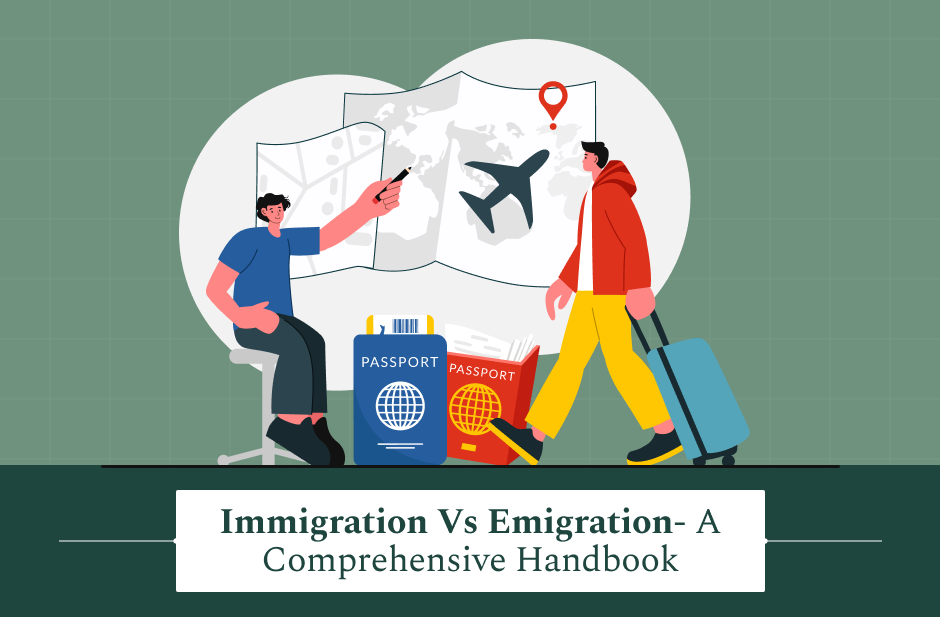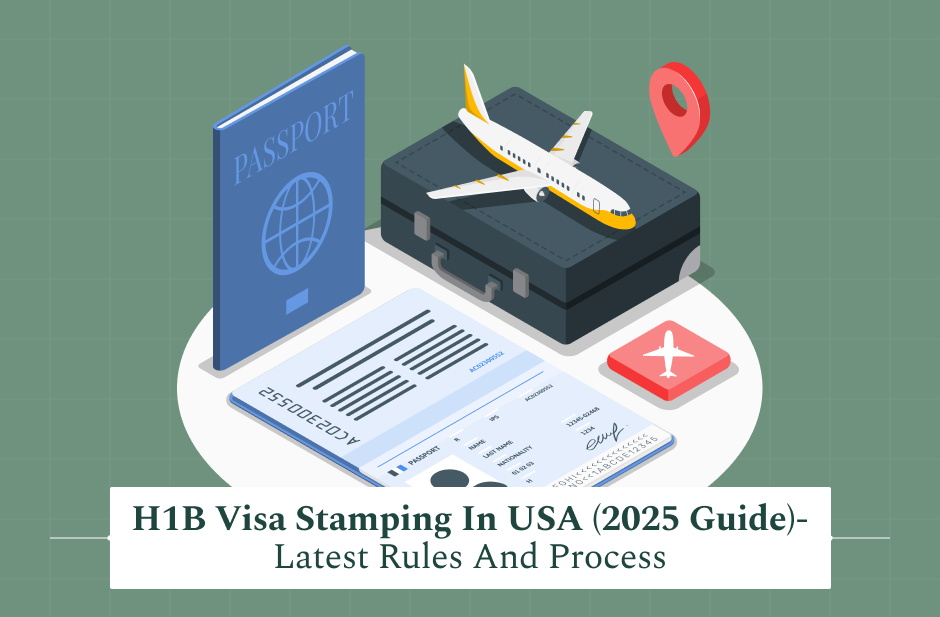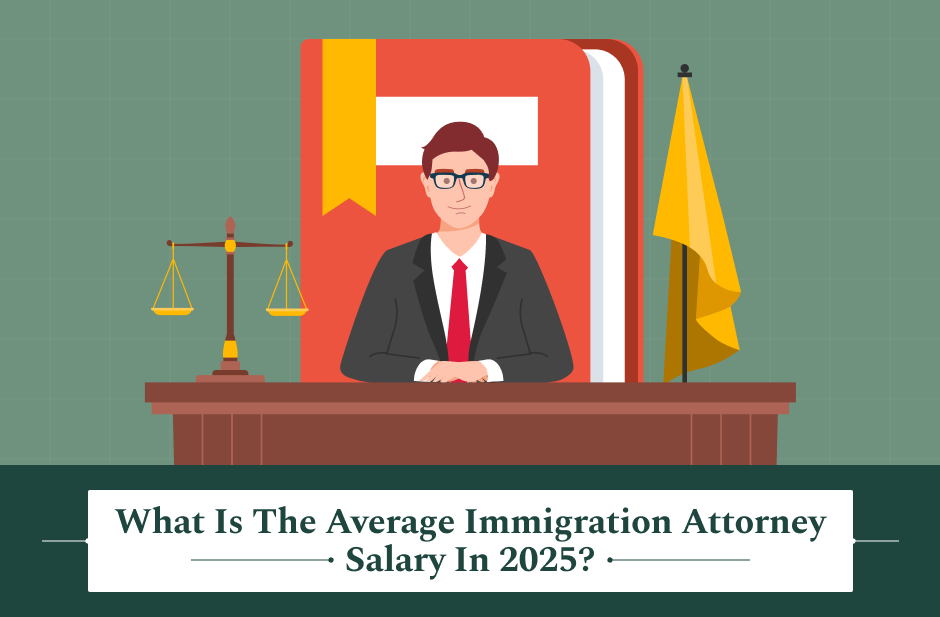If you have been dreaming of settling down in Portugal, then you might want to take a look at this blog. Because I am going to talk about the popular Portugal D7 Visa!
If you have seen that most people are flocking to this country after retirement, I am here to tell you why.
You see, the D7 Visa has single-handedly managed to attract several foreign retirees. This has made dreams come true for people across the world. And that’s not all— it has also acted as a major boost to the economy of the country.
“But what is it all about? And how can I get the visa?”
If these are some of the questions that you have on your mind, you have come to the right place. This blog is for those of you who are planning to live in Portugal with the help of your passive income. These can be rent, pension, or even their savings!
So, keep on reading till the end…
What is the D7 Visa?

The Portugal D7 Visa is also called the “Passive Income Visa.” It’s made for people who earn money without working at a job every day. This includes retirees, digital nomads, or people who make money from rent, investments, or savings.
Let’s say you’re not planning to get a job in Portugal, but you still have a regular monthly income. The Portuguese government says, “Great! Come live here, enjoy our culture, food, and safety — as long as you can support yourself.” That’s where the D7 Visa comes in.
It allows non-EU/EEA/Swiss citizens to stay in Portugal for more than 90 days and eventually apply for permanent residency or even citizenship.
Furthermore, many people love this visa because it gives them a peaceful lifestyle without having to work locally.
For instance, think of it like Portugal inviting you over — not because you work there, but because you’re a responsible guest with your own money.
What are the Benefits of Having the Portugal D7 Visa?

There are many perks to getting a D7 Visa. Here are the biggest ones explained simply:
- Live in Portugal legally: You can stay for more than just a vacation. This visa lets you settle down in Portugal and enjoy its peaceful lifestyle.
- Bring your family: Your husband, wife, and kids can come with you. It’s called “family reunification.”
- Access to public services: Once you’re in, you can use Portugal’s healthcare and education services like a resident.
- Travel in Europe: Portugal is in the Schengen Area. That means you can visit 25+ other countries in Europe without needing another visa.
- Tax benefits: You may qualify for a special tax program (Non-Habitual Resident or NHR), which can reduce the taxes you pay on foreign income.
- Path to citizenship: Finally, if you live in Portugal for 5 years and meet other rules, you can apply to become a Portuguese citizen.
So, in short, it’s not just about living in Portugal — it’s about becoming part of it.
How to Get the Portugal D7 Visa [Ultimate Checklist]

While you might think that getting this passive income visa is difficult, let me tell you that its not like that! And while it is true that you might feel overwhelmed with the entire process, this checklist that I have created for you is the ULTIMATE things you need.
So, without further delay, let me explain what some of the things you need to need to keep in mind if you want to apply for a successful D7 Visa in Portugal:
What are the Eligibility Criteria?
In order to qualify for the D7 Visa, there are a few requirements that you need to meet. Unless you do that, you will not qualify for the visa. Here are some of them:
1. Proof of passive income: You must show you have regular money coming in each month without working. This can be from:
- Pension
- Rental income
- Investments (like dividends)
- Savings (with proof that it can last)
2. Minimum income amount:
- You need at least €820 per month (as of 2025) if applying alone.
- Add 50% more for your spouse and 30% per child.
3. Valid passport: Your passport should be good for at least 6 more months.
4. Clean criminal record: You’ll need to get a police clearance from your home country.
5. Proof of residence in Portugal: You’ll need to rent or own a home in Portugal. Even a rental agreement works.
6. Portuguese NIF number: This is like your tax ID. You must have it before applying.
7. Health insurance: You need private insurance to cover you until you’re registered in the Portuguese health system.
8. Stay requirement: You should live in Portugal at least 183 days per year to keep your visa active.
How to Apply for a Portugal D7 Visa?
Now that you know what you need, here’s what you should do! Here are the steps that you MUST follow:
1. Gather all your documents: Some of the things you need are:
- Passport copy.
- Bank statements showing regular income.
- Rental or home agreement in Portugal.
- Health insurance proof.
- Police clearance certificate.
- 2 passport-sized photos.
2. Get your NIF and open a Portuguese bank account: You can do this online or through a representative in Portugal.
3. Book an appointment at the Portuguese Consulate in your country: Some consulates let you apply online; others need an in-person visit.
4. Submit your application: you need to pay the visa fee (around €90–120). Additionally, you must hand in your documents and wait for approval.
5. Get a temporary visa: If approved, you’ll get a 4-month visa to enter Portugal and finish the process.
6. Fly to Portugal and attend SEF appointment: SEF (Portugal’s immigration office) will give you a residence card valid for 2 years.
7. Renew your visa: You can renew it for another 3 years, and after 5 years, apply for permanent residency or citizenship.
Your Legal Guide: Who Can Help You With a Portugal D7 Visa?
In conclusion, moving to a new country can be exciting but also confusing. That’s why many people choose to work with immigration lawyers or visa consultants who understand the Portugal D7 Visa process.
For instance, these professionals can:
- Help you collect the right documents
- Make sure your income meets the rules
- Speak with Portuguese authorities on your behalf
- Book appointments for you
- Avoid common mistakes that could delay your visa
You don’t have to do this alone. Whether you’re a retiree looking for a sunny escape, or a freelancer wanting a fresh start, the Portugal D7 Visa could open the door to your dream life — and a good lawyer can help you walk through it smoothly.
Read Also:
















